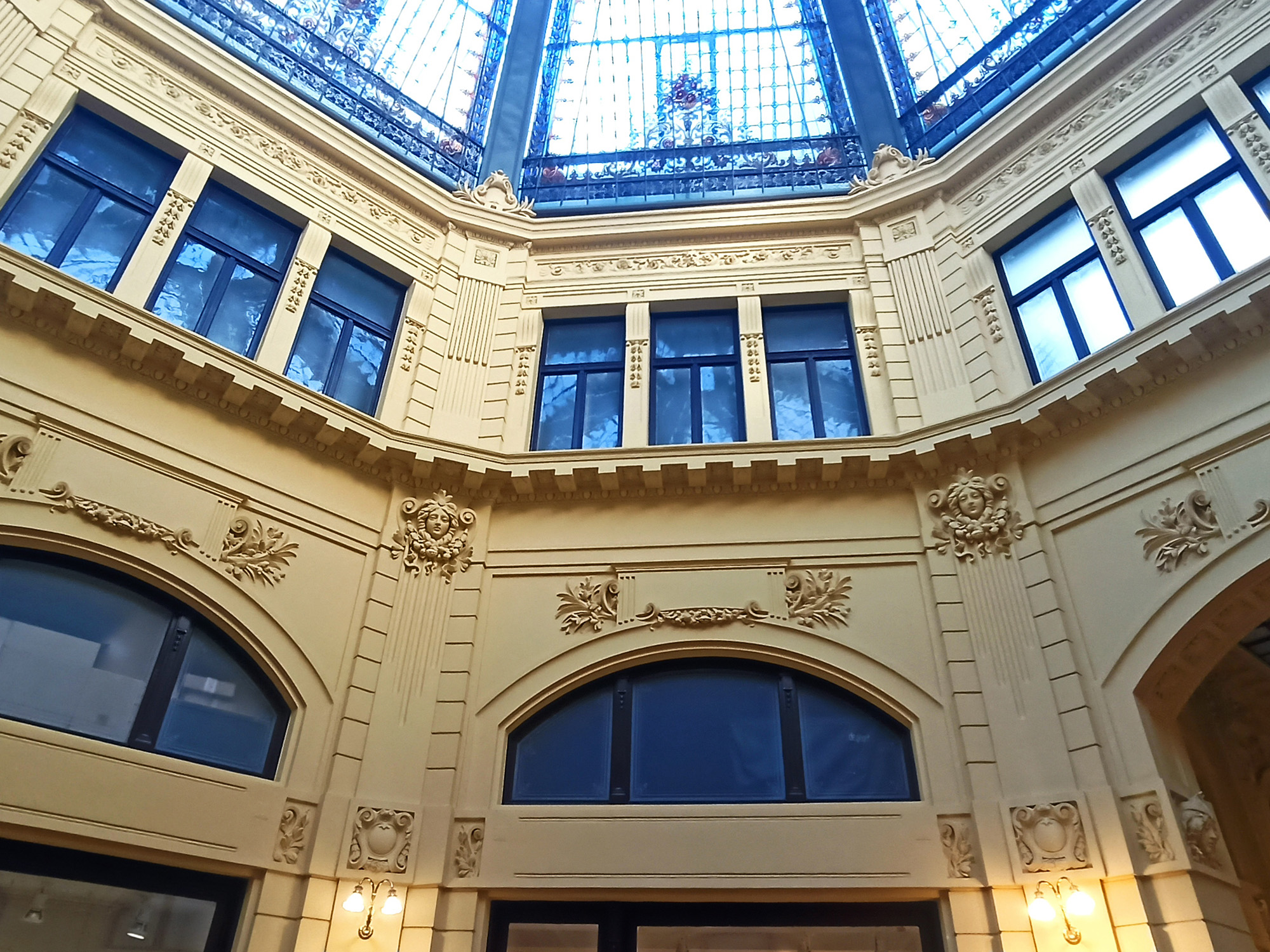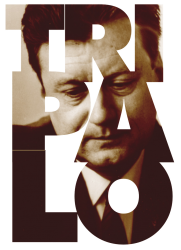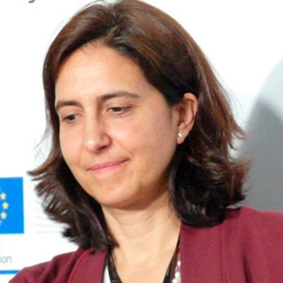Međunarodni kulturni odnosi Europske unije – Europa, svijet, Hrvatska
Sažetak izlaganja Mercedes Giovinazzo (na engleskom jeziku):
Mercedes Giovinazzo, from Interarts, a non-governmental organization located in Barcelona, Spain, discussed cultural relations and cooperation between the European Union and North African countries. She began her speech with a remark that our community consists of diverse people. As such, the European Union is often seen as the main donor when it comes to cooperation with neighbouring countries in the Mediterranean and North Africa. But there is still a lot of room for improvement. She highlighted the EU Neighbouring Policy as an important instrument for strengthening the cultural sector of the European Union and a means for providing the necessary assistance for countries in need. Interarts is an organization that promotes knowledge about culture, cultural policies and contributes to sustainable human devlopment at local, regional and international level. Her focus was on two projects that are coordinated by Interarts: SouthMed CV (working together for the public value of culture in the southern Mediterranean) and SouthMed WiA (Women in Audiovisual in the Southern Mediterranean).
The first project is based on cooperation with European and North African organizations whose members are both learners and providers. She argued that successful cooperation requires a two-way process with involvement of experts and local communities. The project underlines the public value of culture which serves as a basis for connecting political and economic spheres of society. Her experience showed that we are still not aware of the cultural heritage that some countries, that we percieve as poor, can offer. Cultural practitioners in these countries are also at an extremely high level of professionalism and are willing to cooperate in order to achieve sustainable and inclusive society. Therefore, there is an absolute need for involving them in policy practices of the European Union and civil society organizations. But mobility remains the main problem, especially in the Middle East, where non-governmental organizations find difficulties in cooperating with other actors due to persisting conflicts. Some of the policy issues Interarts is included in are: citizenship and public sphere, social inclusion, capacity building, public and private partnerships, etc. The second project is based on participation of women and professional development.
Giovinazzo considers culture to have an intrinsic public value and is essential in fostering stability in North Africa and Middle East. Culture should be perused through participation of young people, both male and female, in order to train them as professionals because their potential is extremely high and we should advocate further experience sharing. She considers EU funding to be necessary, but it should be planned on long-term basis.



